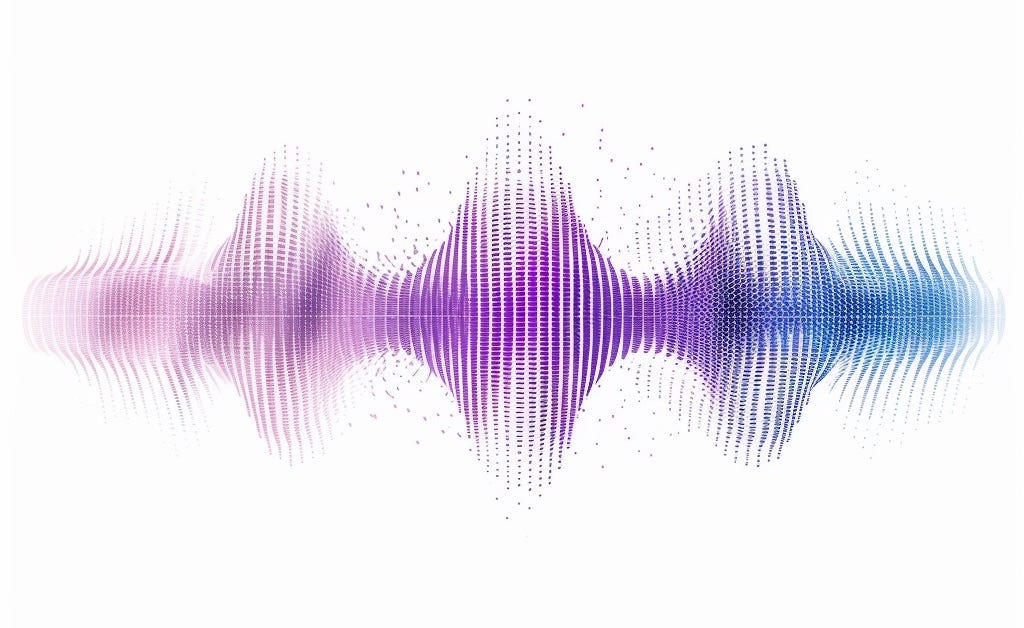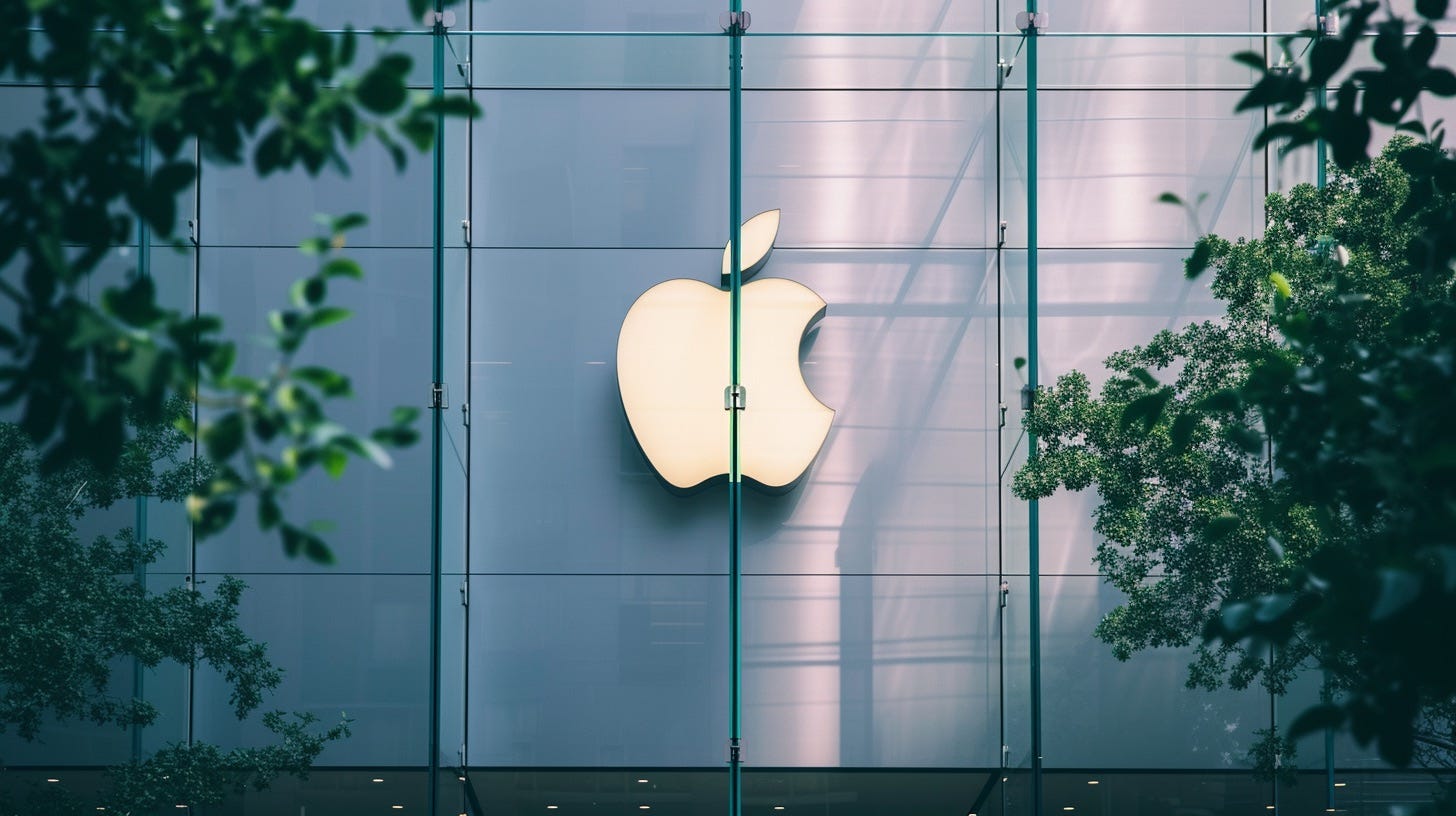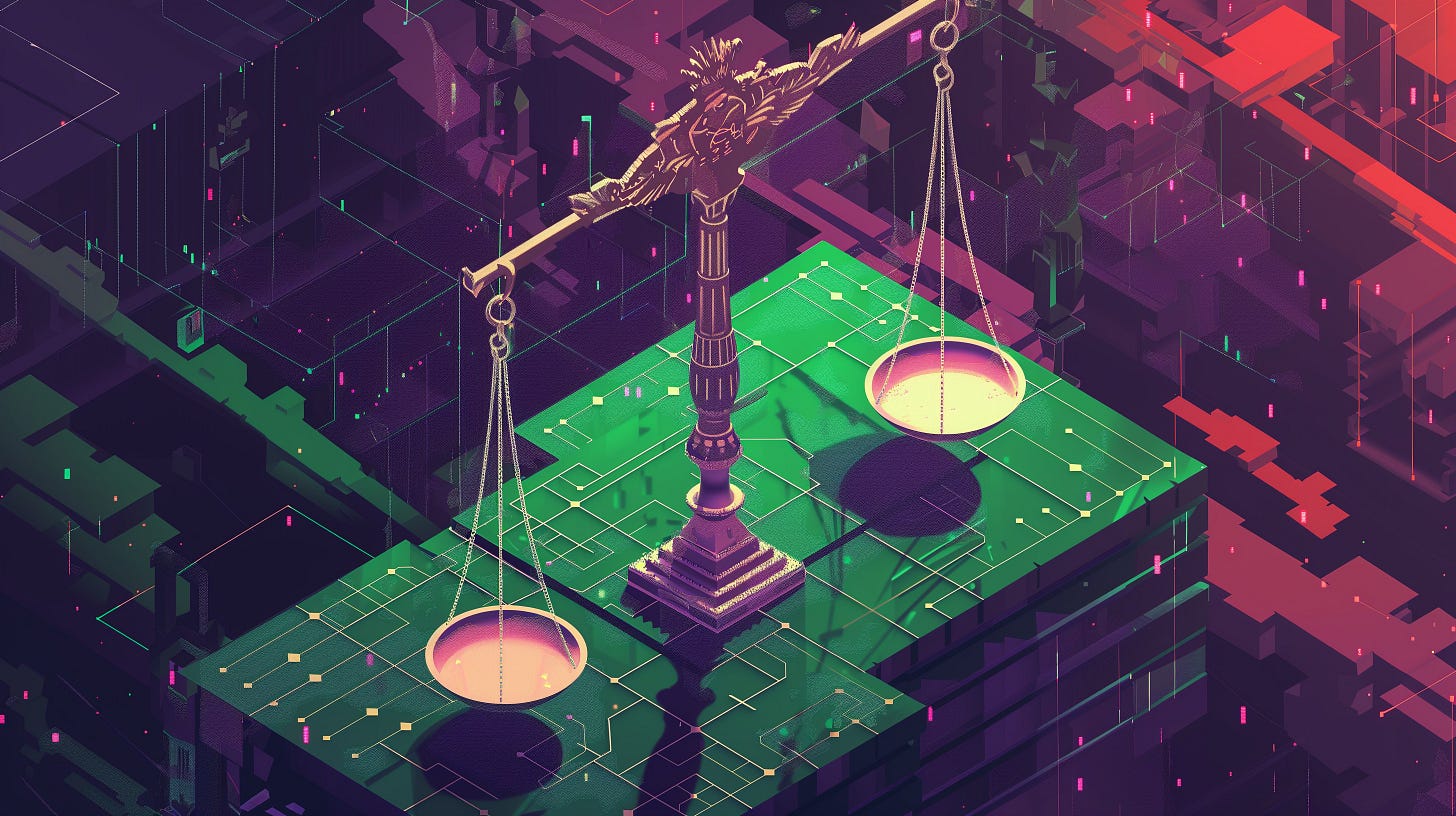AI Roundup 078: Voice mode
August 2, 2024.
Housekeeping
I’m excited to announce a new series of live workshops for paid subscribers! More details will come shortly, but the planned events include workshops on Midjourney, Perplexity, and prompt engineering. Paid subscribers can find the latest info and links here.
I also want to shout out Chantal Smith for her Artificial Ignorance referrals. Chantal is a senior researcher for Exponential View with a focus on AI, geopolitics, deep tech, synthetic biology, and climate. You can check out a recent talk of hers here.
(To get your own reader shoutout, click the button below to refer a friend).
Beta launches: Voice mode
OpenAI started rolling out ChatGPT's new Advanced Voice Mode this week, with some impressive first looks.
Why it matters:
Rather than transcribing audio and using text-to-speech, the model works with soundwaves directly - meaning you can ask it to alter its tone or slow down and take a breath, and it will listen.
The company had delayed the release of Voice Mode after safety concerns and a legal challenge from Scarlett Johansson.
Ultimately, AI voices will continue to improve, and it's not outrageous to imagine that talking with our AIs will become the default.
Elsewhere in foundation models:
Meta released Segment Anything Model 2 with support for object segmentation in videos and images.
Flux is a new text-to-image model from Black Forest Labs, "the original team behind Stable Diffusion."
Google's newest Gemini model hits the top of the Chatbot Arena amid growing Twitter hype.
And experts say AI forecasting models predict weather patterns with new speed and precision, likely complementing supercomputer models.
Beta launches: Apple Intelligence
Apple debuted the very first Apple Intelligence features with some mixed reviews.
What to know:
Many of the most anticipated features are stuck behind a waitlist; those available now have been somewhat underwhelming.
Some significant features aren't coming until "later this year," with reports suggesting they won't be available when new hardware releases this September.
While the technology will get better, it's interesting to note that Apple is facing many of the same challenges as other foundation model companies.
Elsewhere in the FAANG free-for-all:
Google unveils AI features for Chrome on desktop, including support for Google Lens and searching history via natural language queries.
Google Cloud expands its database portfolio with new AI capabilities, including updates to its Spanner SQL database, which now supports graph and vector search.
Meta scraps its celebrity AI chatbot feature less than a year after launch as AI Studio lets users create and share AI chatbots.
And Microsoft now considers OpenAI as a competitor, according to its annual report.
People are worried about deepfakes
After months of relative inactivity, we've recently seen several new developments in state and federal deepfake laws.
Between the lines:
Both Microsoft and the US Copyright Office have made new calls for deepfake legislation, citing the need for a clear, nationwide framework.
In Washington, a bipartisan group of Senators has re-introduced the NO FAKES Act, which would hold people liable for unauthorized deep fakes.
Separately, the Intimate Privacy Protection Act would make tech companies responsible for nonconsensual deepfake porn, stripping them of their Section 230 protections.
And Dean W. Ball takes a look at AB 3211, a recent California deepfake bill with some major flaws.
Elsewhere in AI regulation:
The number of groups lobbying the US government on AI grew from 459 in 2023 to 556 in H1 2024, with OpenAI significantly increasing its spending.
The UK plans to make existing voluntary AI agreements legally binding and transform the AI Safety Institute into an Arm's Length Body.
The US is considering unilateral restrictions on China's access to AI memory chips and equipment from companies like Micron, SK Hynix, and Samsung.
And OpenAI told US lawmakers it is "dedicated" to safety protocols and is collaborating with the US AI Safety Institute.
Elsewhere in AI anxiety:
AI startups Suno and Udio argue that using proprietary music to train AI is fair use in response to copyright lawsuits from major music labels.
Hollywood sound and picture editors, artists, and others express fears of AI replacing much of their work, despite a new IATSE contract.
Chinese tech experts credit open-source technologies as a key factor in China narrowing the AI gap with the US.
And researchers argue that AI existential risk probabilities are too unreliable to inform policy.
Things happen
Wuhan becomes China's biggest proving ground for Baidu's driverless taxis. The ongoing saga of Friend, a $99 AI pendant with a $1.8M domain (and a diss track). AI-assisted judging makes its debut in gymnastics scoring. DARPA launches its two-year AI Cyber Challenge. NIST re-releases Dioptra, an open-source AI testing tool. Websites accuse Anthropic's crawler of aggressive scraping. AMD's MI300 AI chips did over $1B in sales in Q2. Canva acquires Leonardo.ai, an AI image generation service. Paris Olympics to use AI-based video surveillance, raising concerns. Ireland's DPC seeks clarity on X's Grok data training move. TikTok was paying Microsoft ~$20M monthly for Azure OpenAI models. CISA names Lisa Einstein as its first chief AI officer. UK regulator scrutinizes Google-Anthropic partnership.Microsoft and Reddit clash over Bing crawler block. Perplexity cuts checks to publishers following plagiarism accusations. Meta's AI safety system defeated by space bar. "Copyright traps" could reveal AI-scraped work. US NTIA supports "open-weight" generative AI models. Using 'AI' in product descriptions reduces purchase intentions. A new movement of luddites rises against AI. Zuckerberg discusses Llama 4, Quest 3 sales, and more on earnings call. I hate the Gemini 'Dear Sydney' ad.







